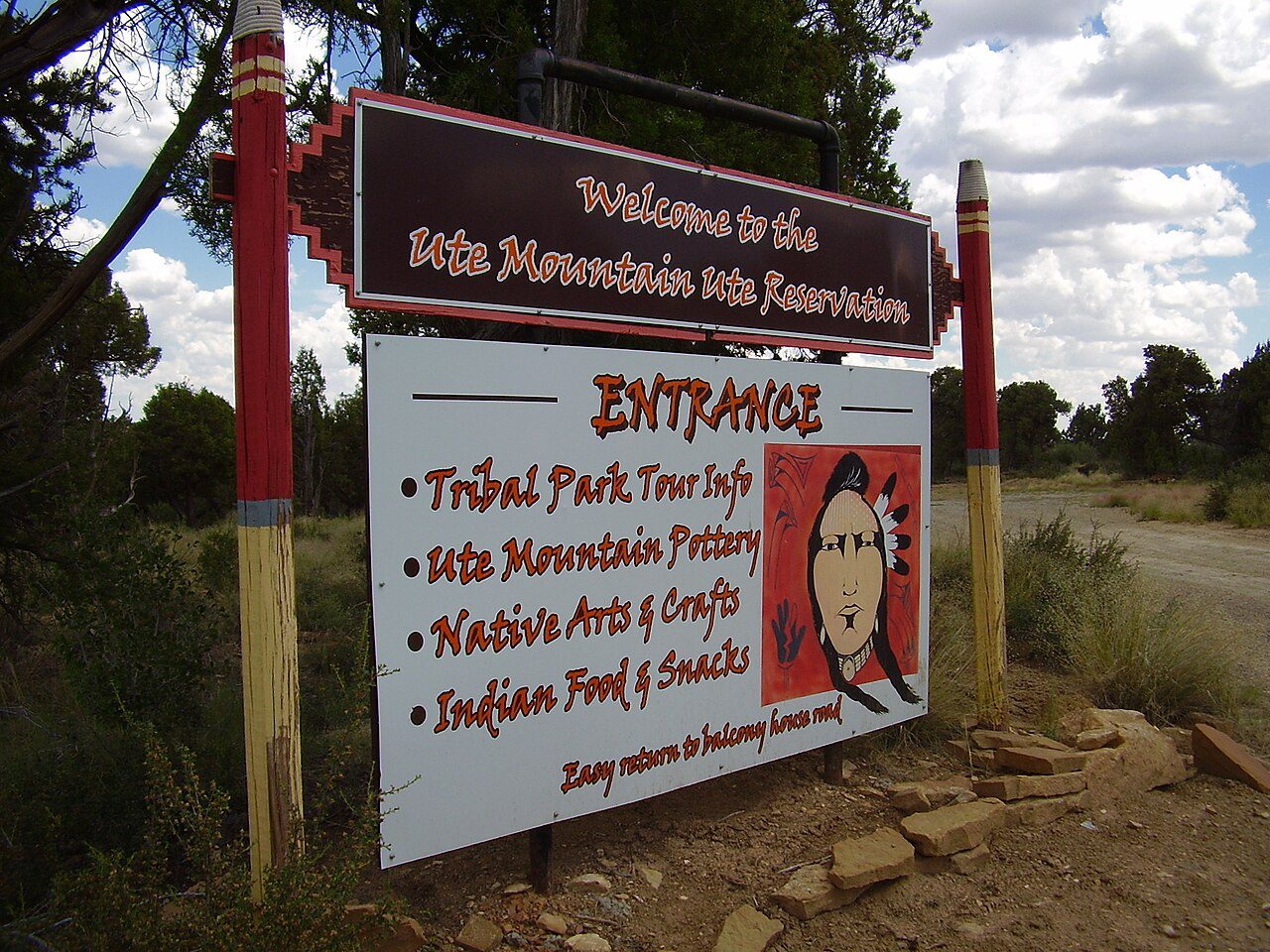- Nearly half of homes on tribal lands lack clean water or sanitation.
- The new legislation would increase federal funding and technical support.
- Key agencies include USDA, Indian Health Service, and Bureau of Reclamation.
- Tribal leaders support the effort as long overdue and essential for health and self-governance.
Monday, July 21, 2025 — Last week, U.S. Senators John Hickenlooper, Michael Bennet, and Martin Heinrich, joined by Representatives Joe Neguse and Gwen Moore, introduced the Tribal Access to Clean Water Act . The bill will improve access to clean water in Native American communities by increasing funding and removing federal barriers to infrastructure development.
. The bill will improve access to clean water in Native American communities by increasing funding and removing federal barriers to infrastructure development.
According to the U.S. Department of Health and Human Services, Native American households are 19 times more likely than white households to lack indoor plumbing. An estimated 48 percent of homes on tribal lands are without clean drinking water or adequate sanitation services. Advocates argue this is not only a public health crisis, but also a failure of the federal government’s trust and treaty responsibilities.
Multiple Agencies, Coordinated Effort.
The proposed legislation will enhance existing programs at three key federal agencies:
-
U.S. Department of Agriculture (USDA): The bill will expand Rural Development grants and loans to include $100 million per year for five years, with $30 million annually specifically designated for technical assistance in tribal communities.
-
Indian Health Service (IHS): The legislation proposes $2.5 billion over five years for water and sanitation facilities construction, along with $150 million for technical assistance and $500 million for operation and maintenance support.
-
Bureau of Reclamation: An additional $90 million will be authorized over five years for the agency’s Native American Affairs Technical Assistance Program, which helps tribes with planning, training, and implementation of water infrastructure projects.
Addressing Longstanding Gaps.
The Colorado River Water and Tribes Initiative has documented significant barriers to safe drinking water in Native communities, including bureaucratic complexity, limited funding, and inconsistent access to federal support. The new bill is designed to cut through those obstacles by ensuring tribes receive both financial assistance and the technical support needed to manage their systems independently.
Representative Gwen Moore noted that clean water access remains a serious public health issue and emphasized the need for a coordinated federal response. Tribal leaders, including Manuel Heart of the Ute Mountain Ute Tribe, praised the bill’s emphasis on long-term operation and maintenance as a step toward greater tribal sovereignty and sustainable infrastructure.
Legislative Path Forward.
The Tribal Access to Clean Water Act must now pass through committees in both chambers of Congress. If approved, it will move to the full House and Senate for a vote before it can be signed into law. While bipartisan support has grown in recent years for tribal infrastructure improvements, the bill’s progress will depend on broader budget negotiations and legislative priorities in the months ahead.
View the text of the bill: https://www.hickenlooper.senate.gov/wp-content/uploads/2025/07/Tribal-Access-to-Clean-Water-2025-final-text.pdf

